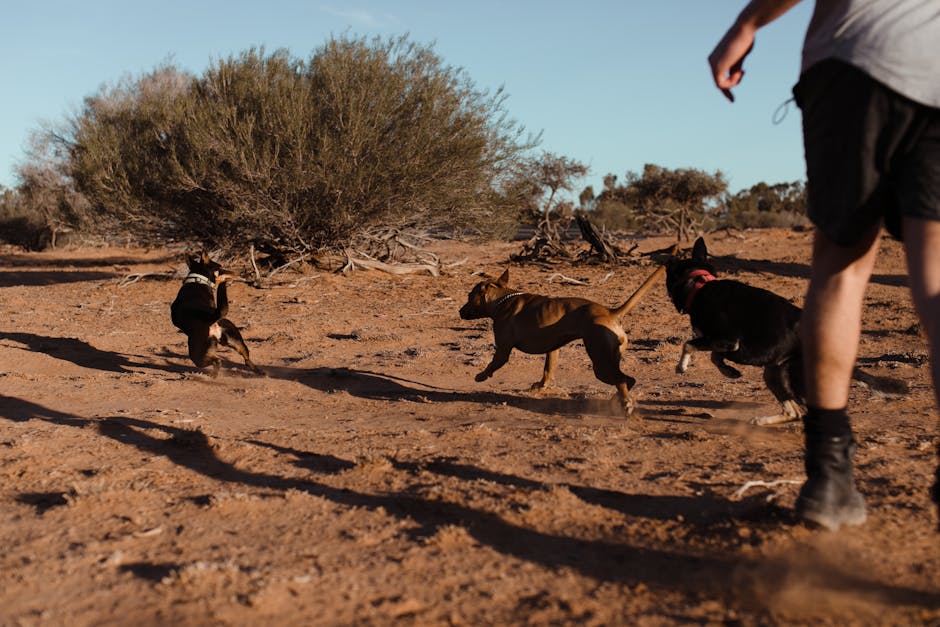Ways of Thinking
There are people who complain about being manipulated by those around them. In the workplace, she is known for her good communication and consideration of others. She usually doesn’t refuse others’ requests, and she doesn’t dare to talk back when ridiculed. Sometimes, she puts in the effort to complete project tasks, but out of fear of being accused of liking to take credit, she doesn’t dare to report her achievements to her superiors proactively. Despite working hard and responsibly for many years, she has never received the recognition and treatment she deserves, which causes her pain and confusion.
Among us, there are always such individuals: they endure and submit without resistance, ultimately becoming puppets in the hands of others; faced with a small mistake, they fall into self-blame, exhausting their energy; they have good abilities, but due to their overly cautious attitude, they are regarded by others as incapable of taking on significant responsibilities. A closer look reveals that it’s often those who perceive themselves as “weak” who seem to suffer from unfair treatment. Why is this the case?
The reason is not just coincidental: When you believe deep down that you are insignificant, you unconsciously place yourself below others. Even when faced with inequality and suffering, you lack the courage to change and resist. In interpersonal interactions, people crave recognition and approval, but many forget that human nature tends to idolize the strong. The more apparent a person’s “weakness,” the harder it is to win respect, and the more problems they encounter in life.
One example: In the book “Mr. Toad Goes to the Psychologist,” there’s a memorable scene: Mr. Toad, an introverted character, takes a day off due to emotional issues. Learning of this, the badger seizes the opportunity to sow discord and aims to take Mr. Toad’s position on the school board. After ruthlessly reprimanding Mr. Toad, the badger triumphantly demands his resignation. Faced with the dominating badger, Mr. Toad, though angry, ends up humbly begging for a few more days to think it over. The following day, the exhausted Mr. Toad confides his ordeal to the psychological counselor, the heron, questioning why he is so unfortunate and always bullied. The heron tells him it’s because he always accommodates others and plays the role of the “poor and weak.” The softer you appear, the more you attract malice from others. At last, Mr. Toad realizes that it wasn’t others who put him in a difficult position, but himself.
In real life: Many people repeat the same mistake: even knowing the other person’s demands are unreasonable, they still dare not refuse. They prefer to suppress their own needs and accept injustice. While they know the other person is deliberately causing them trouble, they opt for peace. What’s the result? They end up being defined as easy targets and suffer repeated harm. Often, we think that being amiable and kind in human relationships is the lubricant of communication, yet we overlook the harshest “law of the jungle” in social interactions—survival of the fittest.
If you don’t learn to say no, others may ask too much of you; if you always submit, then oppression will follow. Being accustomed to bowing and obeying, we will be bound in the mindset of being “eternally weak,” thus losing the courage to defend our own rights.
Shedding the “aura of the weak” marks the starting point of personal improvement. Psychologist Zhang Defen once said that feeling others are above you is because you see yourself as very low inside. When you believe you should be looked down upon, it’s easy to be led by others.
Our feelings are the result of internal reflections. Seeing oneself as weak can easily lead to self-doubt and missing the opportunities that should belong to us. A writer who just started working suffered a lot due to her soft personality; she never dared to take a firm stance in front of her colleagues, fearing a negative impression and often suffered the agony of having her credit stolen and her rights infringed.
She felt oppressed and exploited in the workplace but couldn’t resist. When the position of editor-in-chief at the newspaper became vacant, she longed to apply but feared being seen as overestimating herself. When seeking advice from the leadership, to her surprise, they said she had long met all the conditions and didn’t need permission. That made her realize that what had been holding her back wasn’t others, but herself.
Afterward, she began to let go of the weak mindset and proactively fought for her rights, with the result that not only did her popularity improve, but her work also became more adept. If you’re always in a pressured or sacrificial position in your relationships, it’s likely you’ve placed yourself in a lower position. It’s this “aura of the weak” that allows others to repeatedly prevail.
Don’t forget, in this world, others’ attitudes stem from your tolerance. Never let others suppress you, maintain a firm baseline, live with edges and contours, and your internal energy will then radiate outward, attracting more positive events.
True awakening lies in casting off the “aura of the weak.” The psychological concept of “self-fulfilling prophecy” tells us that how we see ourselves internally shapes who we become. Self-perception greatly affects our behavior and spiritual energy. Always seeing oneself as weak can easily lead to a mentality of dependency and appeasement, constantly putting oneself into limitations and wallowing in grievances.
Drop that weak mentality, actively engage in self-affirmation, change the current state, and you can harvest a more fulfilled self. Don’t consume yourself with “I don’t deserve.” Reflect, do you feel uneasy in front of others’ praise? Are you always too hesitant to act, resulting in missed opportunities? Are you afraid of actively taking on challenges, fearing discovery of how inadequate your true self is after failure?
Psychologists point out that these feelings stem from our innate self-denial. When we deeply believe “I don’t deserve,” we habitually deny ourselves, sticking negative labels on ourselves such as “I don’t deserve better” or “I can only be this way.” Only by shedding inner fear and restraints and revisiting yourself in a positive and bright light, can you possibly achieve everything you’ve longed for.
Many people have had this experience: speaking the wrong word and beginning to belittle oneself before others notice; making a small mistake in action and hastily criticizing oneself before the leader expresses an opinion. When a person continuously accumulates the idea that “I am not good enough,” they gradually fall into a low-energy state of feeling powerless over their life. To break free from this state, the key is to abandon negative self-suggestions and continuously engage in positive mental dialogues – only then can they overcome the deep-seated sense of helplessness.
When facing difficulties, one should avoid telling oneself “How could I be so stupid” or “If only I had done it this way” and other self-reproaching words. Instead, encourage yourself to think “Everyone can make mistakes” and “Next time I will do better”. Through such positive self-dialogue, one can develop a strong mental resilience.
People’s thinking patterns are generally divided into two types: fixed mindset and growth mindset. People with a fixed mindset see life as a constant proof process, where any denial from the outside world is seen as a sign of “failure.” This perspective leads them to live constantly in anxiety, avoiding all challenges. Meanwhile, people with a growth mindset do not set limits on themselves and see personal growth as a lifelong mission. When difficulties arise, such people tell themselves: “All problems are temporary, all can be solved, and even if the problem can’t be solved immediately, at least valuable experience can be accumulated.”
In fact, this is the fundamental difference between a “strong-minded” and a “weak-minded” mentality. If you are always accustomed to basing your values on the opinions and evaluations of others, it is easy to behave humbly and even be overly ingratiating; but if you can look at yourself with an objective and rational attitude, you will have a much stronger heart. No matter what the current situation is, as long as you believe that you have potential, that you can continuously improve and change, you will have the courage to face all kinds of setbacks in life.
In the book “The 7 Habits of Highly Effective People,” two concepts are introduced: the “Circle of Influence” and the “Circle of Concern.” The Circle of Concern refers to external factors, such as weather, environment, and the attitudes of others; while the Circle of Influence encompasses the things we can actually control, such as our thoughts, attitudes, and skills. When people focus their energy on the uncontrollable Circle of Concern, they often feel like they are passively enduring life. But if we can focus our attention on the Circle of Influence, concentrating on the things we can change, then we can regain that sense of control deep within ourselves.
The true strong are not those who have the power to control everything, but those who have the discernment to change the things that can be changed, and also accept the things that are beyond their control. Only by doing so can one become the dominant force on their own life’s path, rather than a victim. Believe in your own ability to solve problems, and become the ferryman of your life’s river.







